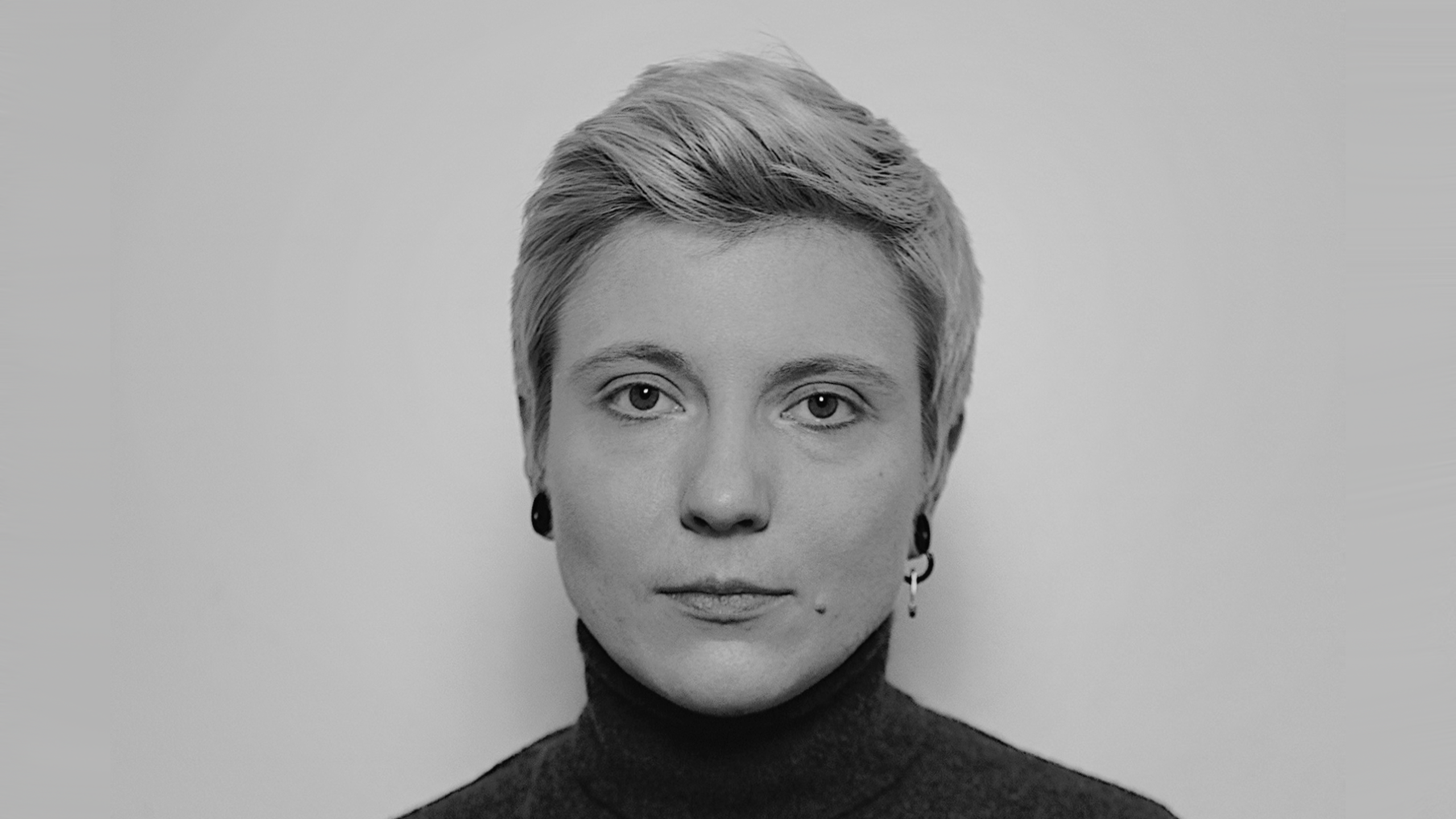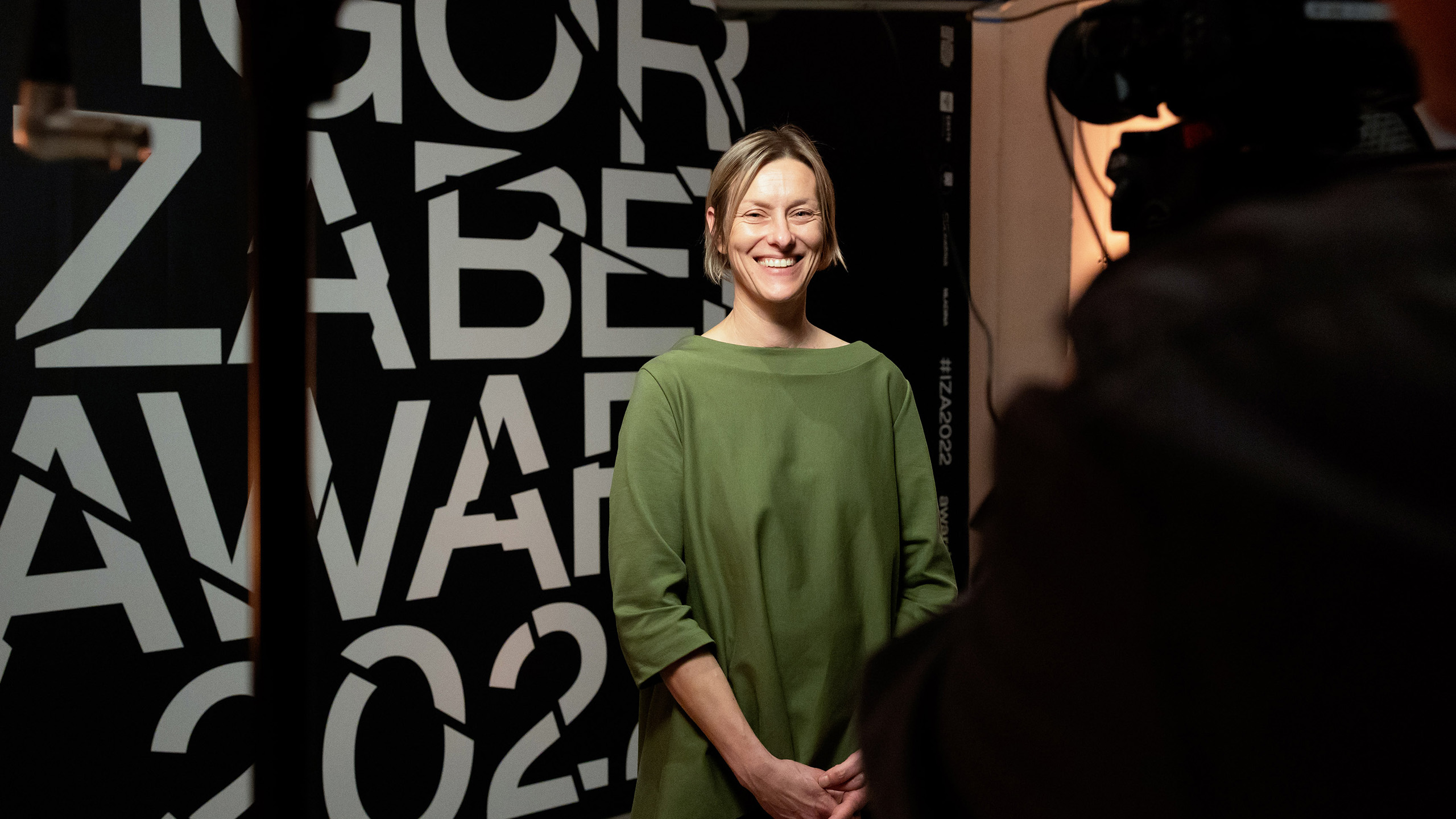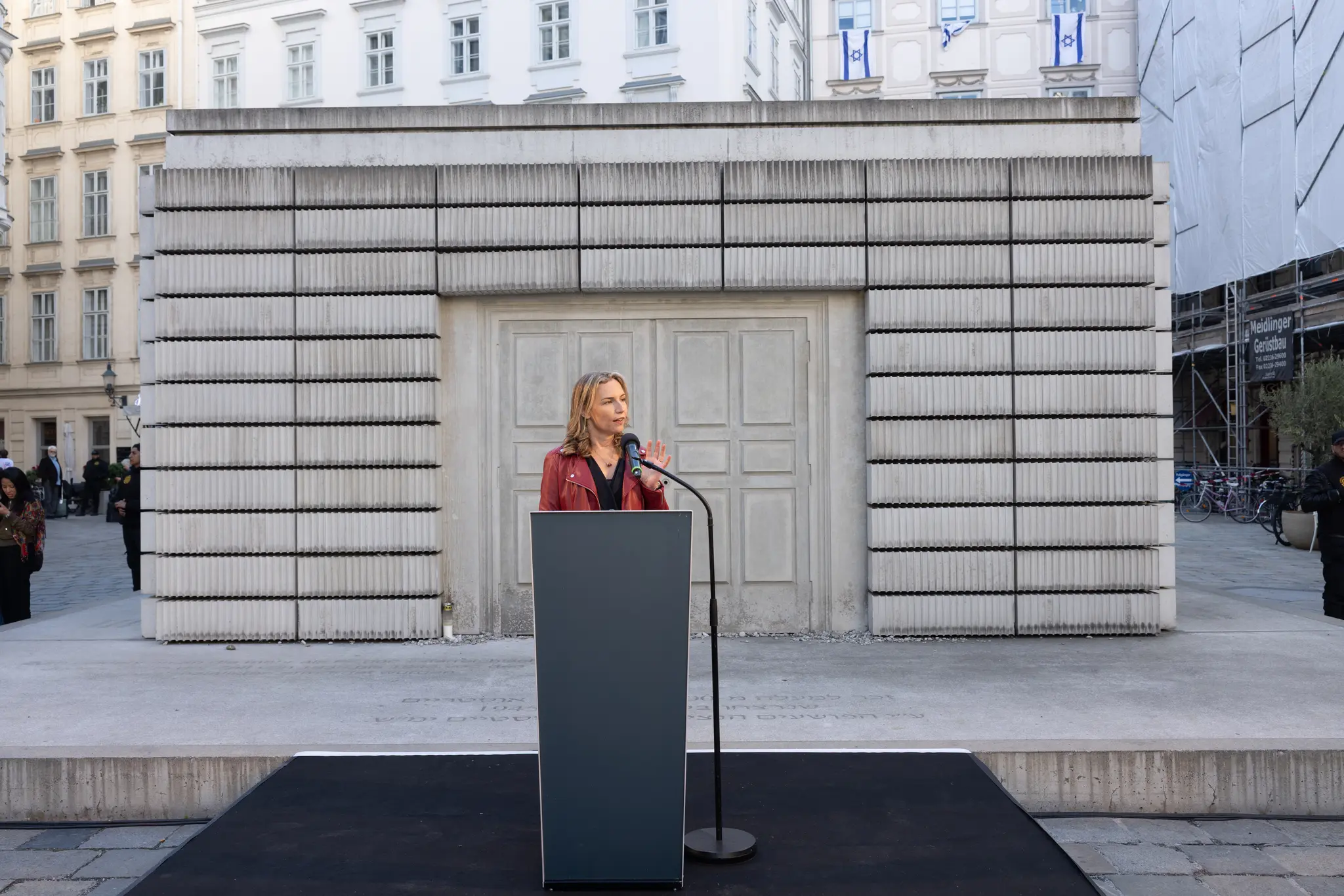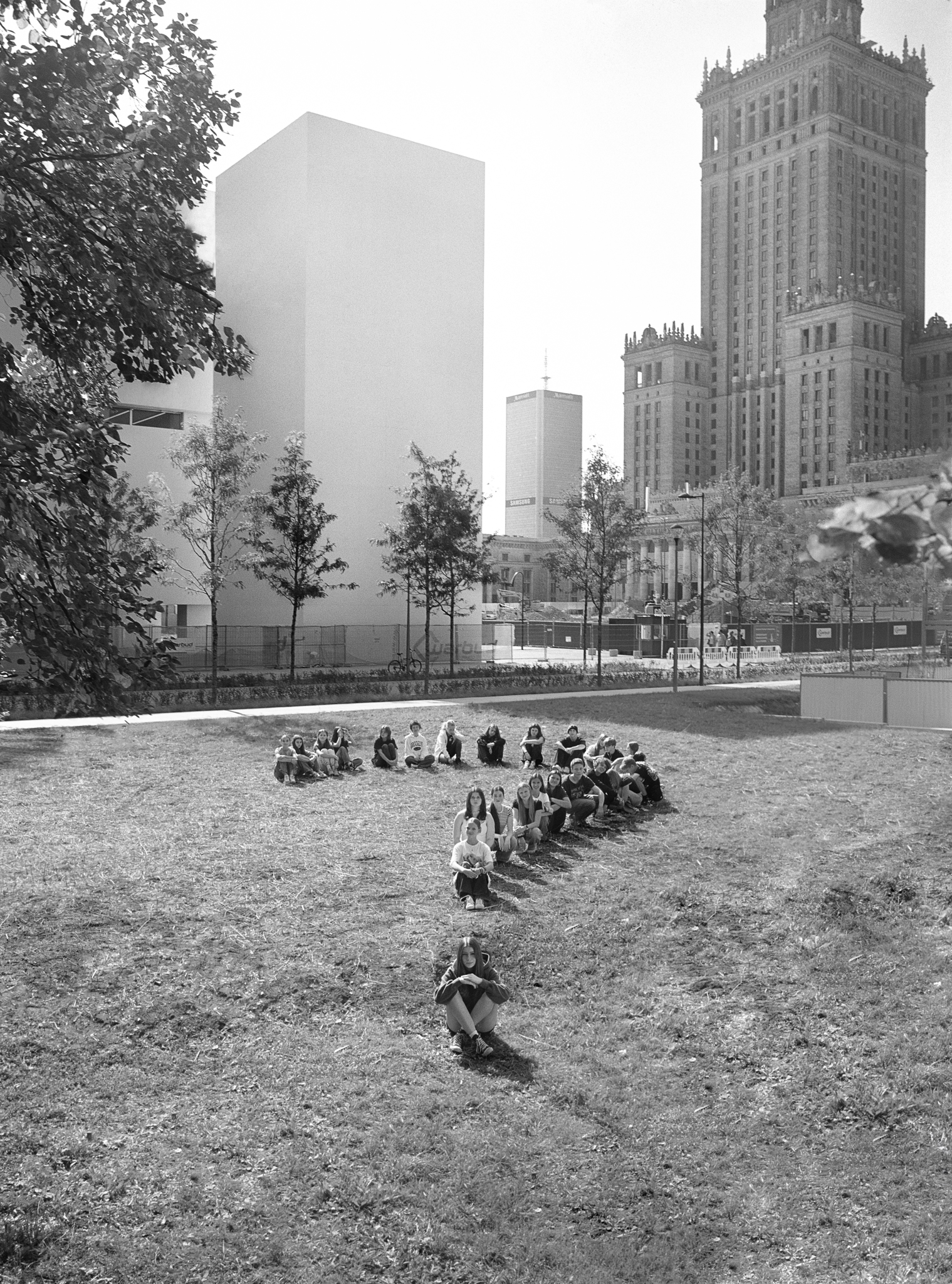Event
13 June 2025
Reading Time: 2'
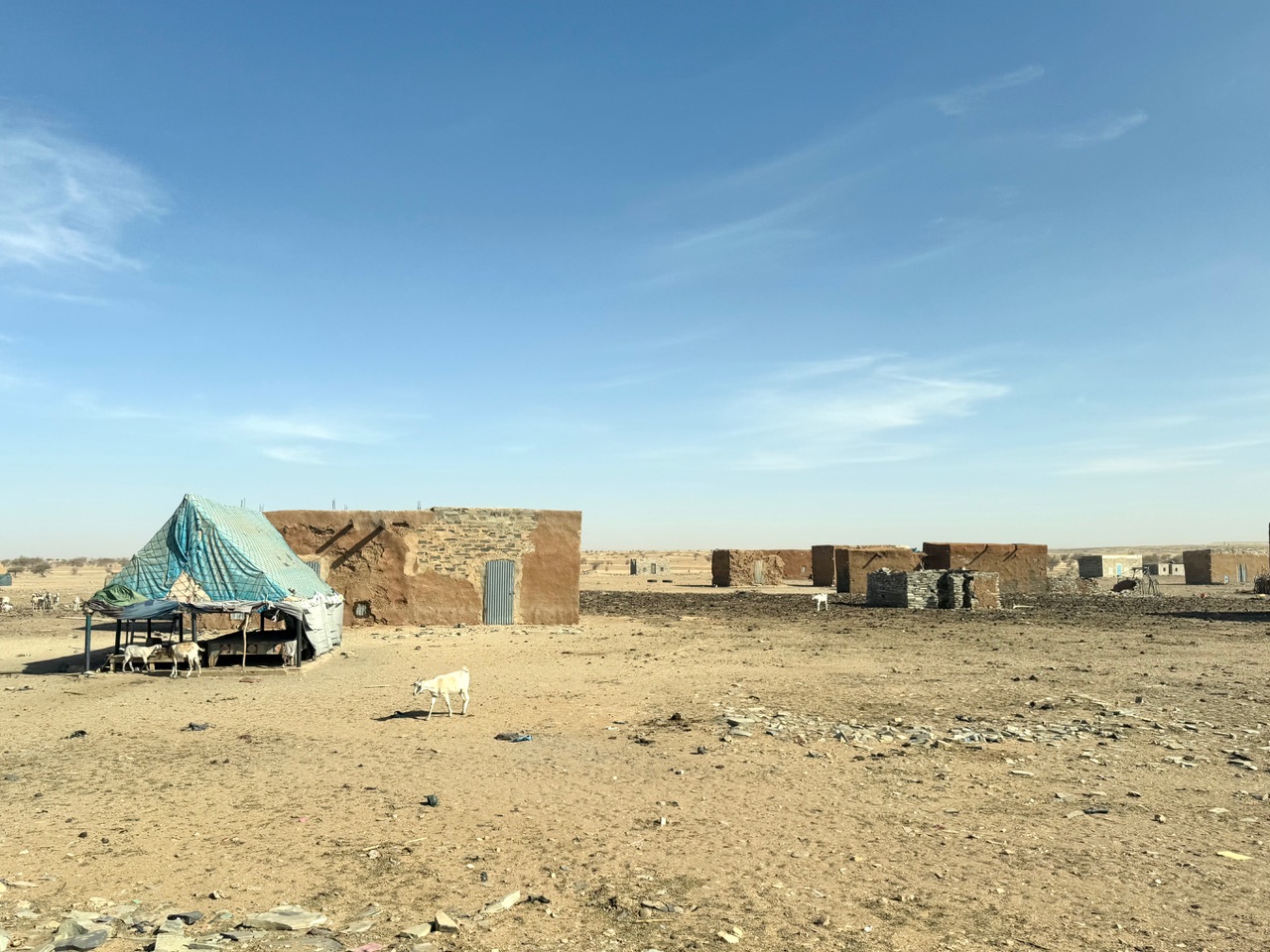
Malkit Shoshan: Designing with Care
Ecologies of Care
13 June 2025, 19:00
Academy of Fine Arts Vienna, Augasse 2–6, 1090 Vienna
The lecture »Designing with Care« by Malkit Shoshan is part the symposium »Healing Feminism«, curated by Elke Krasny as part of the Programme for Art and Education at the Academy of Fine Arts, Vienna, and is supported by the Ecologies of Care and Igor Zabel Association for Culture and Theory.
Malkit Shoshan is the founder and director of the architectural think tank Foundation for Achieving Seamless Territory (FAST). FAST uses research, advocacy, and design to investigate the relationship between architecture, urban planning, and human rights in conflict and post-conflict areas since two decades. Its cross-disciplinary and multi-dimensional work explores the mechanisms behind, and the impact of, displacement, spatial violence, and systemic segregation on people’s living environments. FASTs projects promote spatial justice, equality, and solidarity. Led by Malkit Shoshan, FAST engages with complex environments, contested spaces, and regions most affected by the climate crisis.
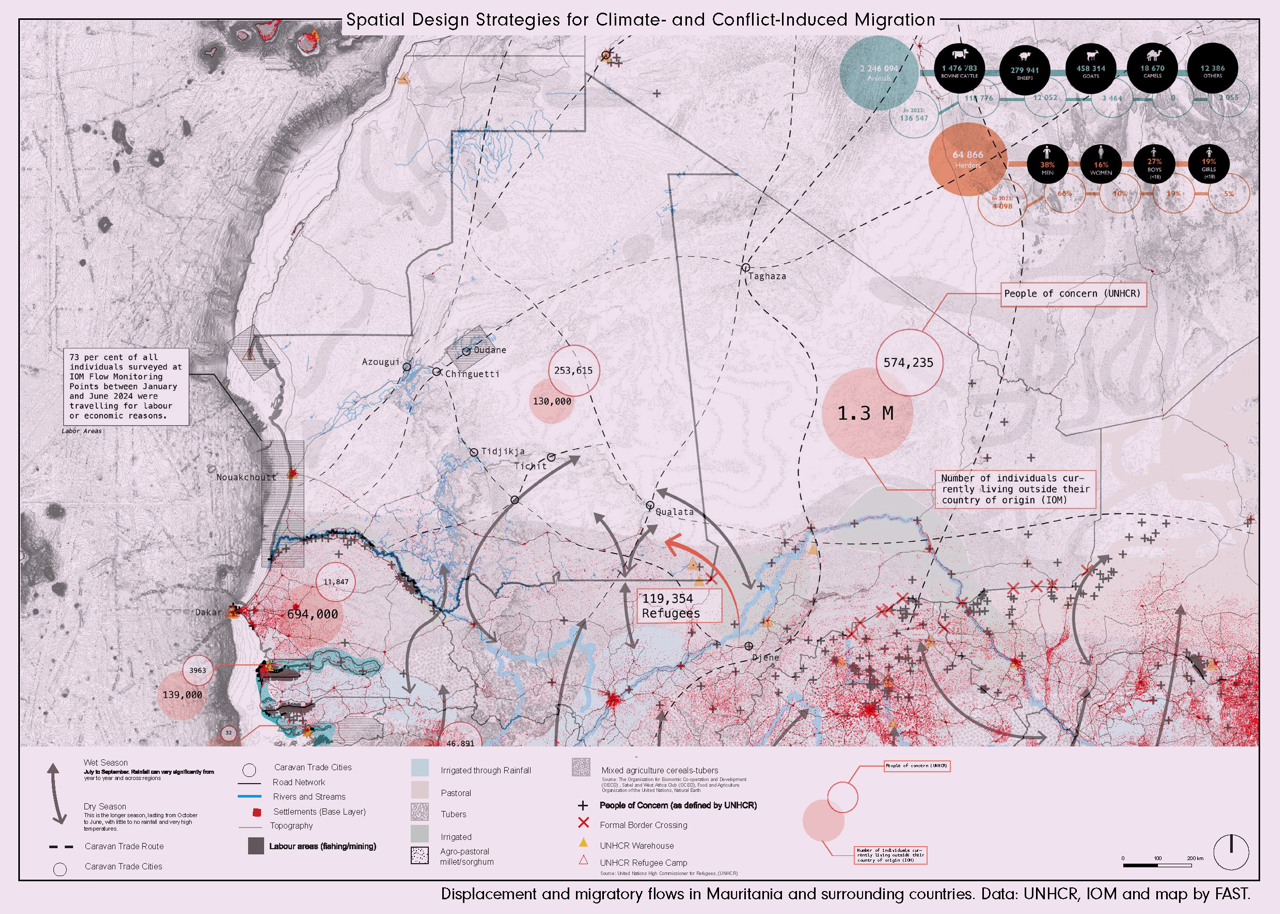
FAST’s approach, »Designing with Care,« involves close collaboration with communities and institutions to promote systemic change and improve living conditions and environmental sustainability. Their diverse projects have contributed to transformative processes, including influencing UN resolutions and international policies. They have worked with internally displaced communities to understand and address their unique challenges.
FAST has also collaborated with UN agencies and ministries to reimagine spaces supporting peace missions, examining their legacy and impact on cities, rural communities, and the environment.
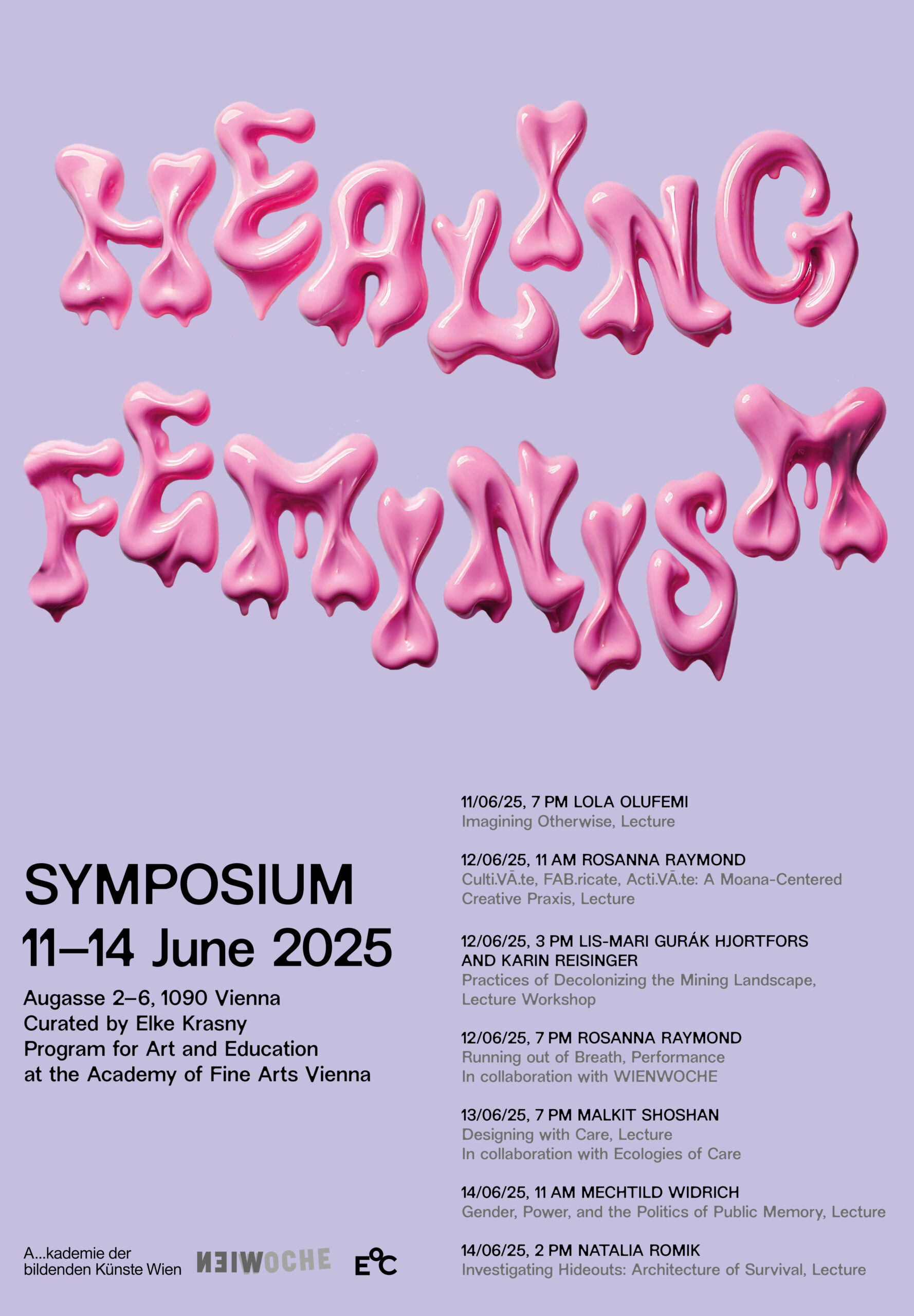
Currently, FAST is focusing on climate and conflict-induced migration in partnership with UNHCR. They analyze how emerging migration trends are reshaping demographics and transforming large regions, prompting new considerations for the design of human habitation across various scales and timeframes.
In these contexts, FAST explores how architecture and urban planning can support affected communities and institutions – particularly in the Sahel – viewing displacement as both a challenge and an opportunity to reimagine future habitation and spatial design, as such conditions require, among others, a fundamental reshaping of the discipline.
Cover image: Mauretania, 2025. Photo: Malkit Shoshan
